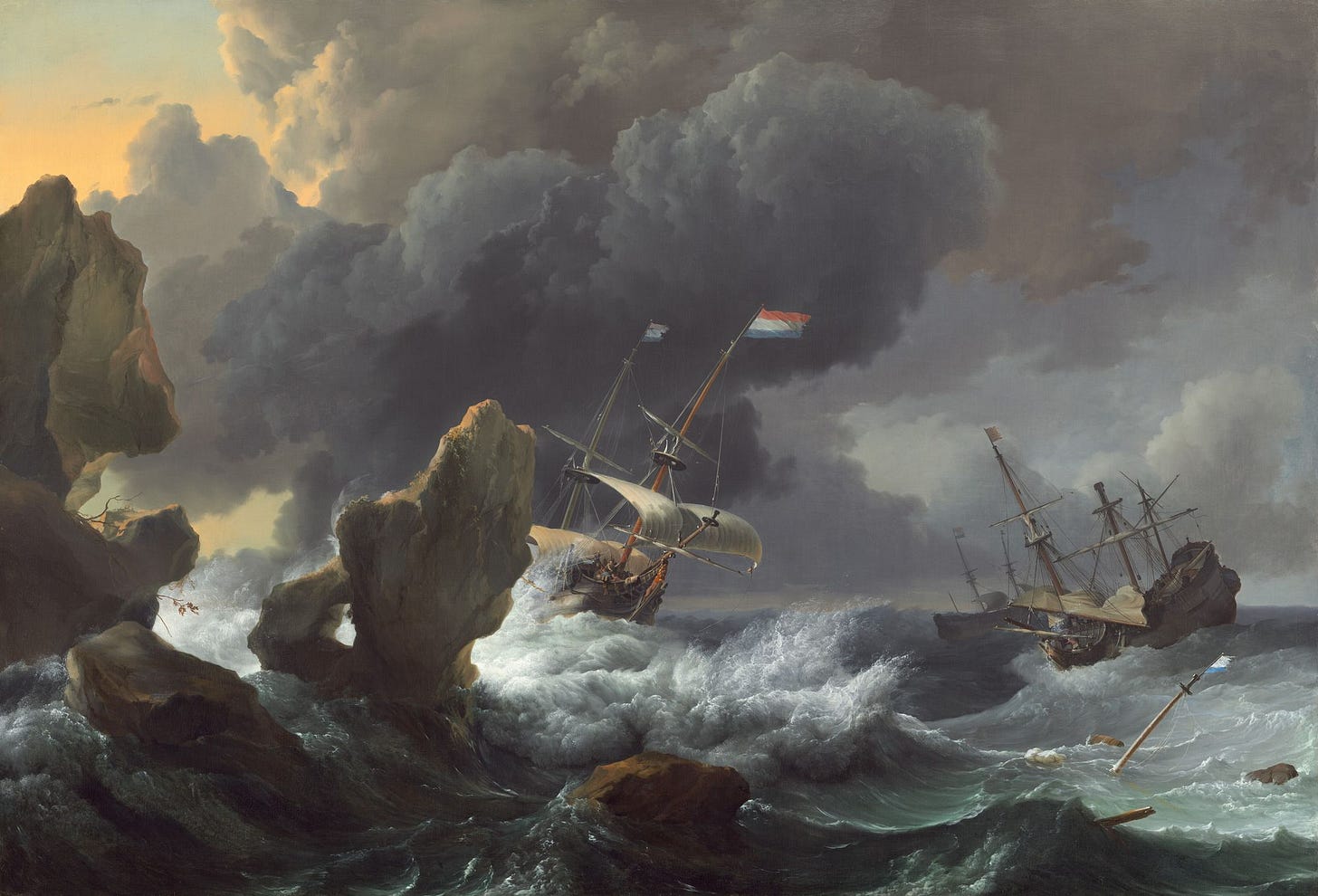Can We Deter Russia From Using Nukes?
The case for staying the course—and the case for doing more.
I woke up this morning in Zagreb to news that several Ukrainian cities, including Kyiv, were under attack. Russia had launched a set of cruise missiles and drones, many targeted at civilians on their morning commutes, and at children heading to school. Russian media seemed to be indicating that this was intended as a response to an unattributed attack o…




